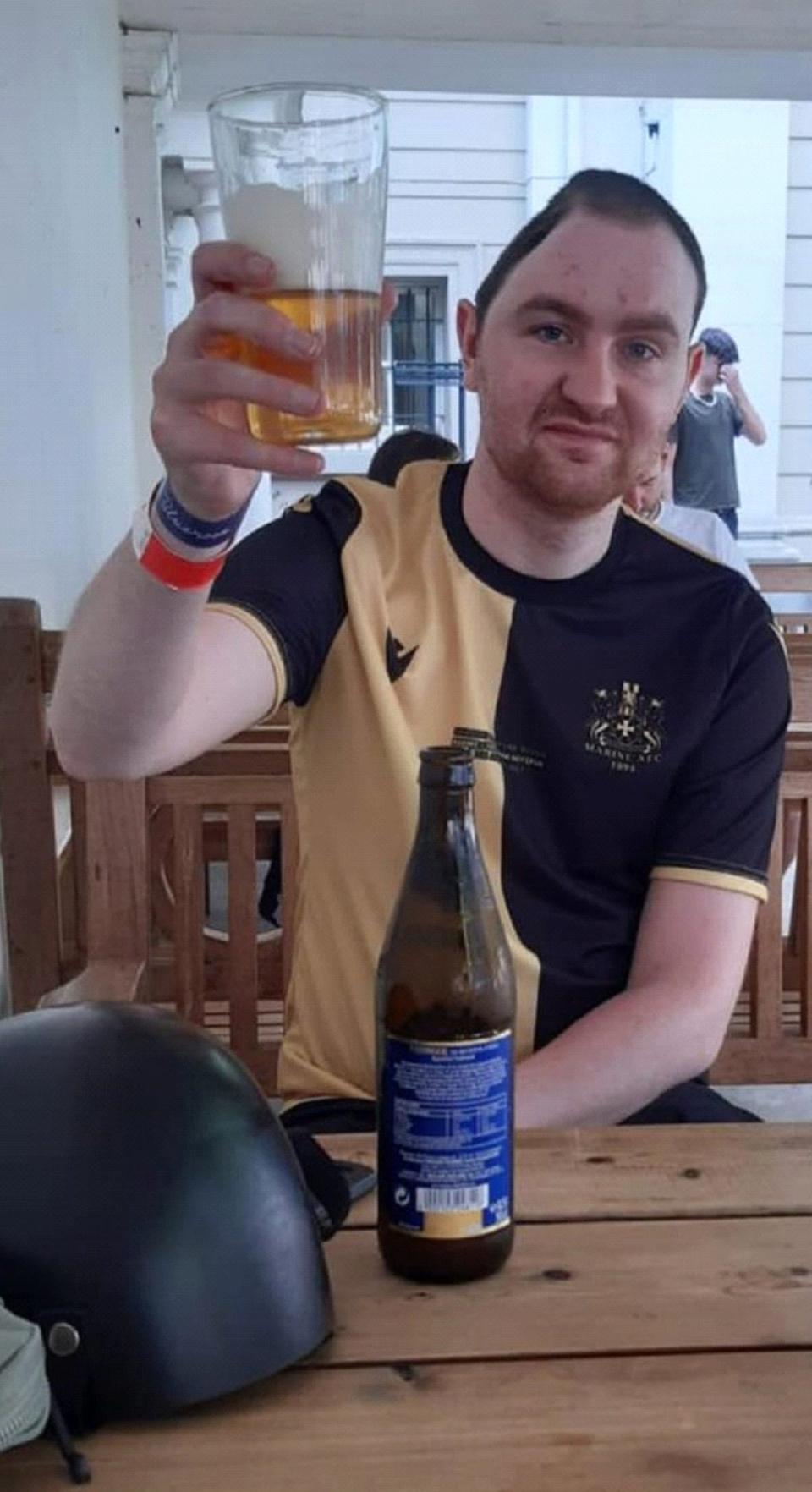Family of librarian killed by knifeman on stabbing spree in Birmingham say they will ‘never recover’

The family of a university worker killed by a knifeman who carried out several stabbing attacks in Birmingham city centre said they will “never recover” from his death.
Zephaniah McLeod, who suffered from paranoid schizophrenia, had only been released from prison for drug and firearm offences five months previously before knifing eight people in the spree on 6 September 2020.
Joanne Billington told an inquest her son, who was only in Birmingham for one night as he enjoyed a night out with friends, did not deserve to die in such a “monstrous” way.
She said: “For us, Jacob’s death is something we will never recover from and has changed the lives of everyone who knew him.

“For his family, friends and colleagues he was a real person with a fantastic personality, loves, hopes and dreams. He wanted to be alive, he grabbed life with both hands and he was at a great point in his life.”
She added her son was a “genuinely lovely, funny, intelligent young man”, with his death leaving his friends and family scarred.
“He deserved to be safe walking down the street. All agencies involved need to remember him and the manner of his death throughout this process,” she said.
Mr Billington, a Sheffield Hallam University librarian, was randomly attacked by McLeod, who was under no supervision plans at the time.

The 23-year-old suffered a fatal neck injury, while his friend Michael Callaghan suffered life-changing injuries that placed him in a coma for two months and led to him being paralysed down his left-hand side. Six other people were injured.
Ms Billington said multiple government agencies had shown “astonishing failings and incompetence” ahead of the stabbing rampage.
Following the publication of a multi-agency review, she had previously described the recommendations as “very weak” and said: “There appear to be no consequences at all for the agencies involved, and I am not satisfied in any way the failings identified in this report will not continue to happen.
“All the agencies knew about the offender, they knew he was dangerous and violent, that he didn’t comply with medication, and he had made multiple threats to hurt people.

“In the end, he carried out those threats. Eight innocent people have had their lives changed forever.”
McLeod, who was 27 at the time of the attacks, was sentenced to life with a minimum term of 21 years at Birmingham Crown Court in 2021, after admitting the manslaughter of Mr Billington, four counts of attempted murder, and three charges of wounding in relation to seven other people he slashed and stabbed in the city centre that night.
McLeod had a long history of offending which started in his teenage years, which included robberies, carrying a knife and threats of violence.
Prior to the attacks, he had not been appropriately treated or medicated for nine years, and was released from prison to no fixed abode, while services “did not know where he had gone”.

As he was reluctant to take prescribed medication and refused to engage with mental health services in prison or the community, he had made no attempts to address his mental health issues.
A two-week inquest at Birmingham and Solihull Coroner’s Court into the death of Mr Billington, a talented musician from Crosby, Merseyside, is expected to look at McLeod’s offending history, time in prison and his mental health treatment during that time.
Senior coroner Louise Hunt will also examine how information was shared when McLeod moved between prisons, how his use of medication was monitored and how his release from prison was managed.


